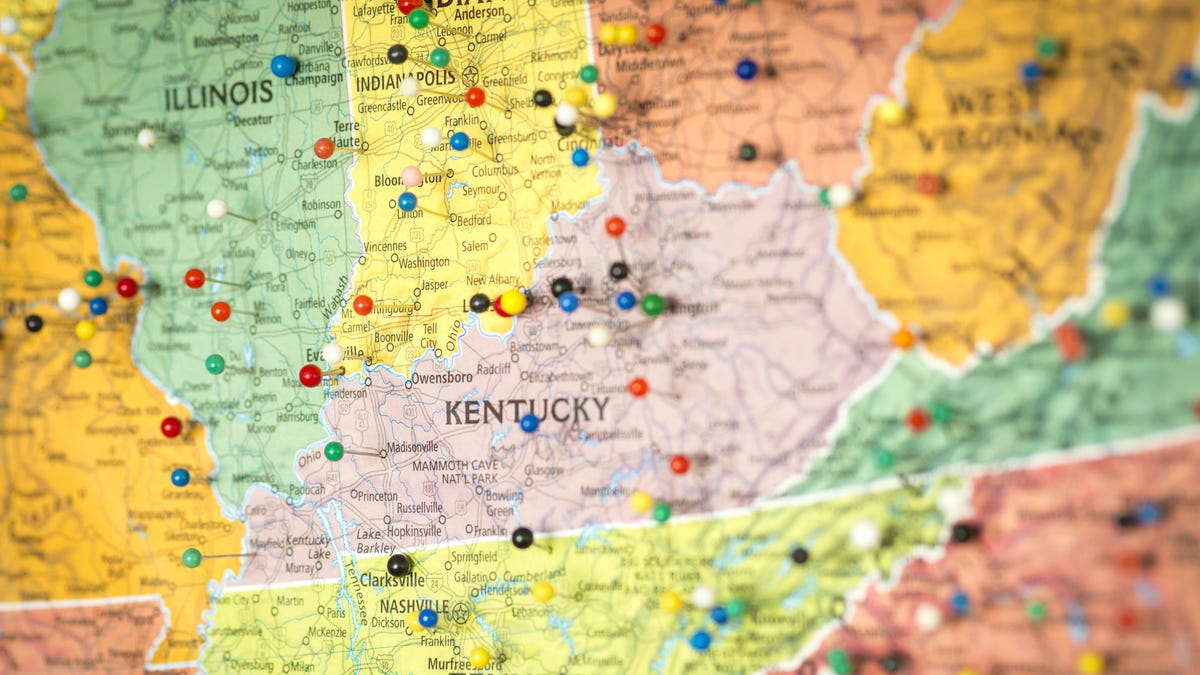Use this Free AAA Map to Get Updated Travel Restrictions in Each State - 2 minutes read
 Photo : Shutterstock
Photo : ShutterstockBefore the days of GPS and smartphones, the American Automobile Association (AAA)’s TripTik was the way to plan and navigate your road trip. In fact, it’s been a travel staple for more than a century. There are updated, digital versions of TripTiks available through their app, but those resources are only for their members. Fortunately, AAA does make some of their TripTik features free to use on their website—including a map that provides updated information on the current COVID-19 travel restrictions. Here’s how to find it and use it.
Advertisement
Free AAA maps for non-members
Even if you’re not a AAA member, you can still access some really useful TripTik features on the AAA website. This includes getting a scaled-down version of the maps on their app, like this classic TripTik map which allows motorists to plan their route according to traffic, construction and stops along the way (like food, gas stations, attractions, etc).
Advertisement
And while you can use Google Maps or another app for driving directions, AAA offers a version that provides constantly updated information on specific travel restrictions caused by COVID-19. This map is also available on their website for free.
Want to see which states or Canadian provinces have checkpoints on the road? This map will show you. It also alerts you to border closing closures, national land closures, mask regulations, and restrictions by both state and city. You can also click a box to see the number of confirmed COVID-19 cases in a particular area.
Advertisement
To get even more specific, the map highlights any counties with their own travel restrictions in purple. When you hover over the county, a box will pop up and let you know the name of the county and exactly which restrictions are in place, with links to more information. If you do hit the road this summer, take all safety precautions so you don’t contribute to the spread of the novel coronavirus.
Source: Lifehacker.com
Powered by NewsAPI.org